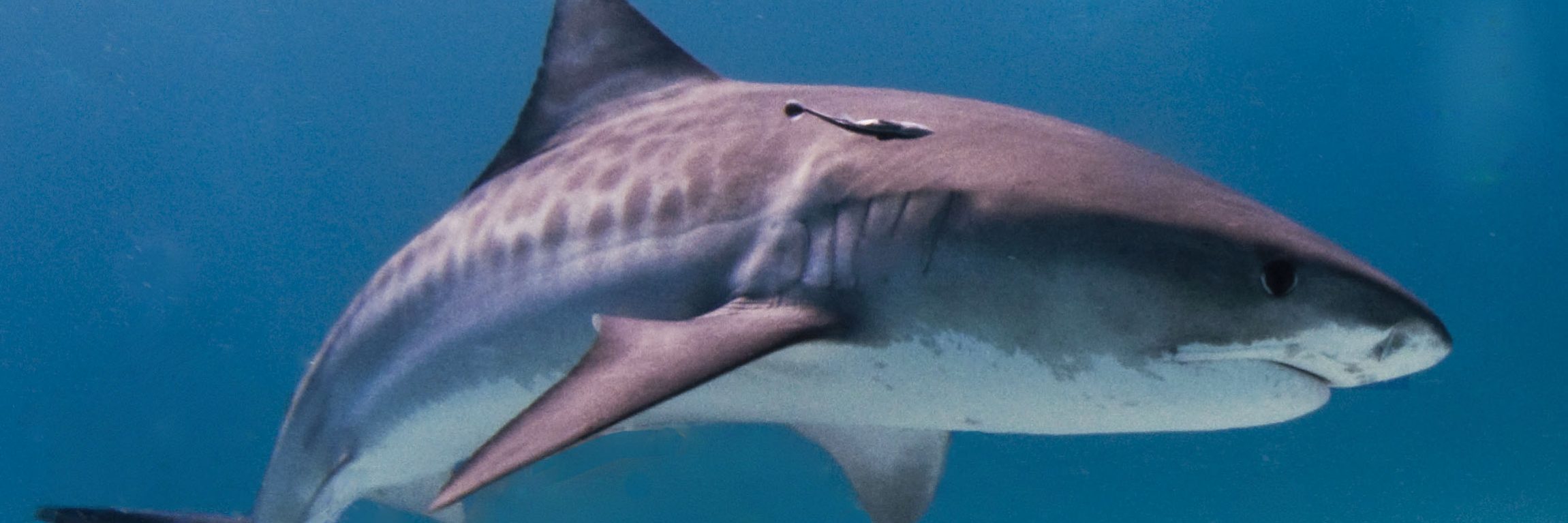Source: Wikimedia Commons.
A group of researchers have utilized the habits of Tiger sharks to help them discover the world’s largest seagrass bed.
Experts from several universities around the world including Canada, Saudi Arabia, and Ireland had placed cameras and satellite tags on the animals to help map seafloors in the Bahamas.
What they didn’t expect was a major discovery that they say would not have been humanly possible.
Today marks the biggest oceanic discovery since the Titanic. Through @beneaththewaves partnership with tiger sharks in The Bahamas, we have discovered the largest seagrass meadow on earth. It is so vast that astronauts can see it from space and it contains… pic.twitter.com/obNdaqoiFT
— Wells Howe (@WellsHowe) November 1, 2022
They knew that there was at least 2,250 square kilometres of seagrass across the Bahamas but they didn’t know the actual sheer size, which they believe is around 92,000 square kilometres according to lead study author Austin Gallagher and CEO of Beneath the Waves, an environmental non-for-profit.
“This discovery should give us hope for the future of our oceans. It demonstrates how everything is connected. The sharks led us to the seagrass ecosystem in the Bahamas, which we now know is likely the most significant blue carbon sink on the planet.”
While much was discovered about the area, researchers also found out new information about the tiger sharks. It was found that tiger sharks spent about 70 per cent of their time swimming over seagrass meadows and often reached depths where humans couldn’t.
Program manager of Beneath the Waves‘ Blue Carbon project Wells Howe said the main goal of the project was to see how impactful and beneficial seagrass can be for the environment.
When referred to global seagrass carbon stock estimates, our results indicate that seagrass in The Bahamas may contain 19.2 to 26.3 percent of all the carbon sequestered in seagrass meadows on Earth,” he said.
Mr Gallagher added “What this discovery shows us is that ocean exploration and research are essential for a healthy future. The untapped potential of the ocean is limitless. Further, this discovery underscores the role that science can play in developing resilient communities”.





